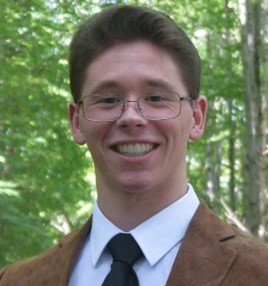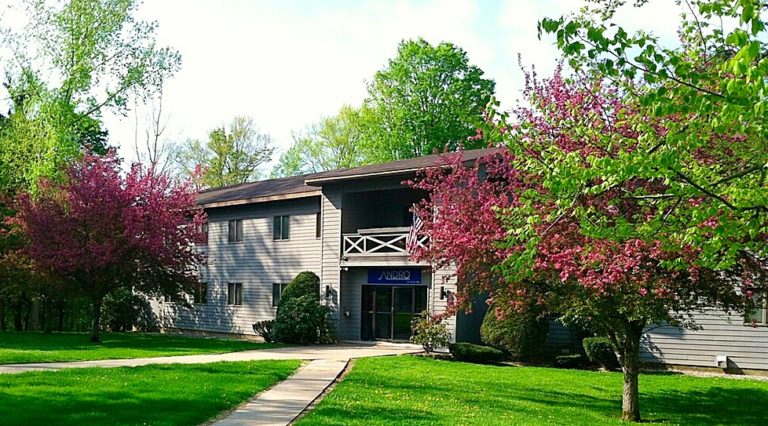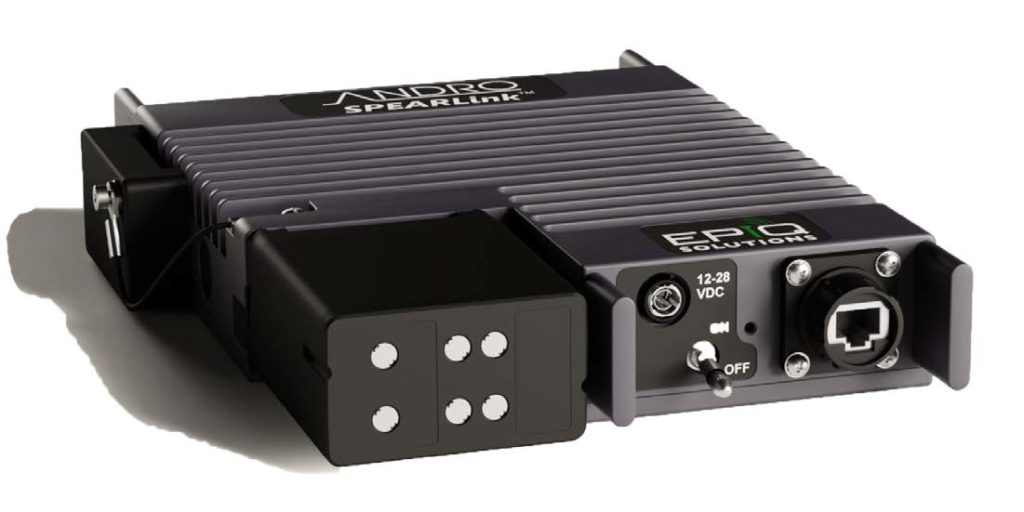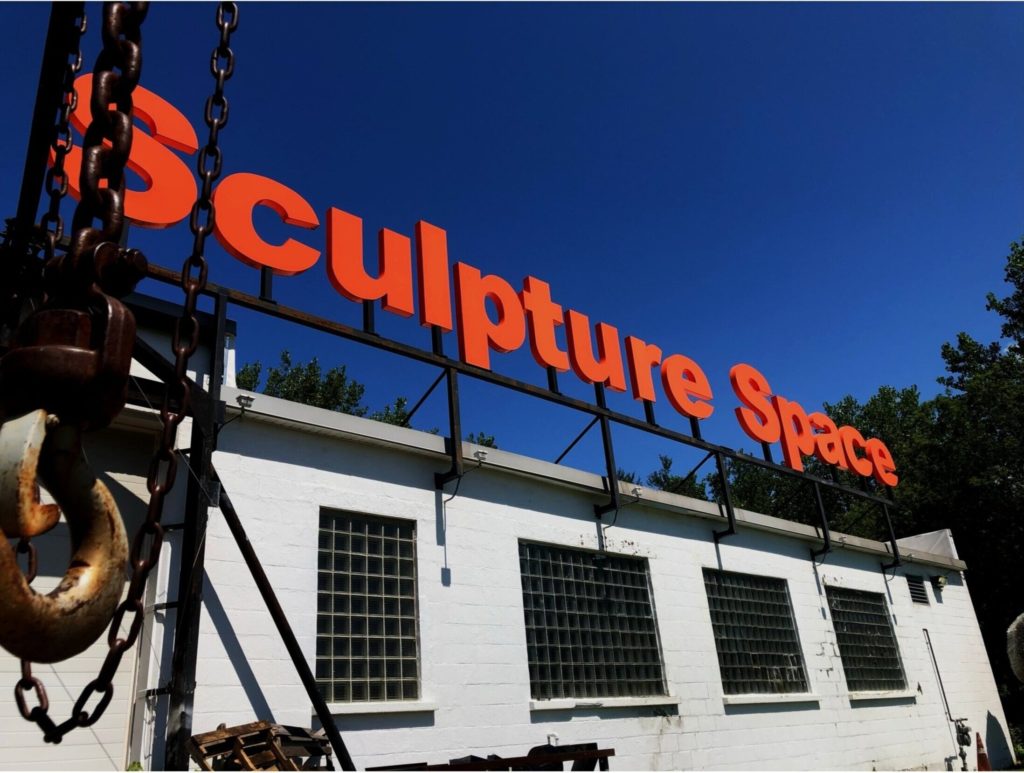Principal staff members Dr. Andrew Drozd and Dr. Jithin Jagannath, of ANDRO Computational Solutions, were recently awarded honors of distinction by the Institute of Electrical and Electronics Engineers (IEEE) for their years of service, contributing to technological excellence, and advancing innovation.
Drozd is the president of ANDRO, a scientific research and development business established 1994. Jagannath is the chief scientist of technology and director of ANDRO’s Marconi-Rosenblatt Artificial Intelligence and Machine Learning Innovation Lab.
Drozd’s credentials include professional engineering certifications from the international Association of Radio and Telecommunications Engineers (iNARTE); his past presidency of the IEEE Society on Electromagnetic Compatibility (EMC-S); past chairmanship of the IEEE EMC-S Standards Development and Education Committee; current membership on the FCC’s Communications, Security, Reliability, Interoperability Council (CSRIC VIII); membership in the Alpha Gamma Omicron Chapter of Kappa Delta Pi Honor Society in Scientific Education; chairmanship of the Project Fibonacci Foundation, Inc.; and as a 2019 inductee in the Rome Academy of Sciences Hall of Fame.
Jagannath was nominated by the IEEE Mohawk Valley Section for the Region 1 Award in Technical Innovation in the Industry/Government category. The IEEE Region 1 Board of Governors recently announced Jagannath as the 2021 recipient with the citation, “For innovative contributions in machine learning techniques for the wireless domain.”
Jagannath was recognized for scientific research leading to innovative and advanced technologies developed under several highly competitive, federally-funded projects over the past several years.
“ANDRO encourages membership and active participation in all aspects of the IEEE locally, regionally, and globally and is a strong supporter of its mission and vision to benefit society through science, technology, and engineering,” stated Drozd.
Read the full story here










